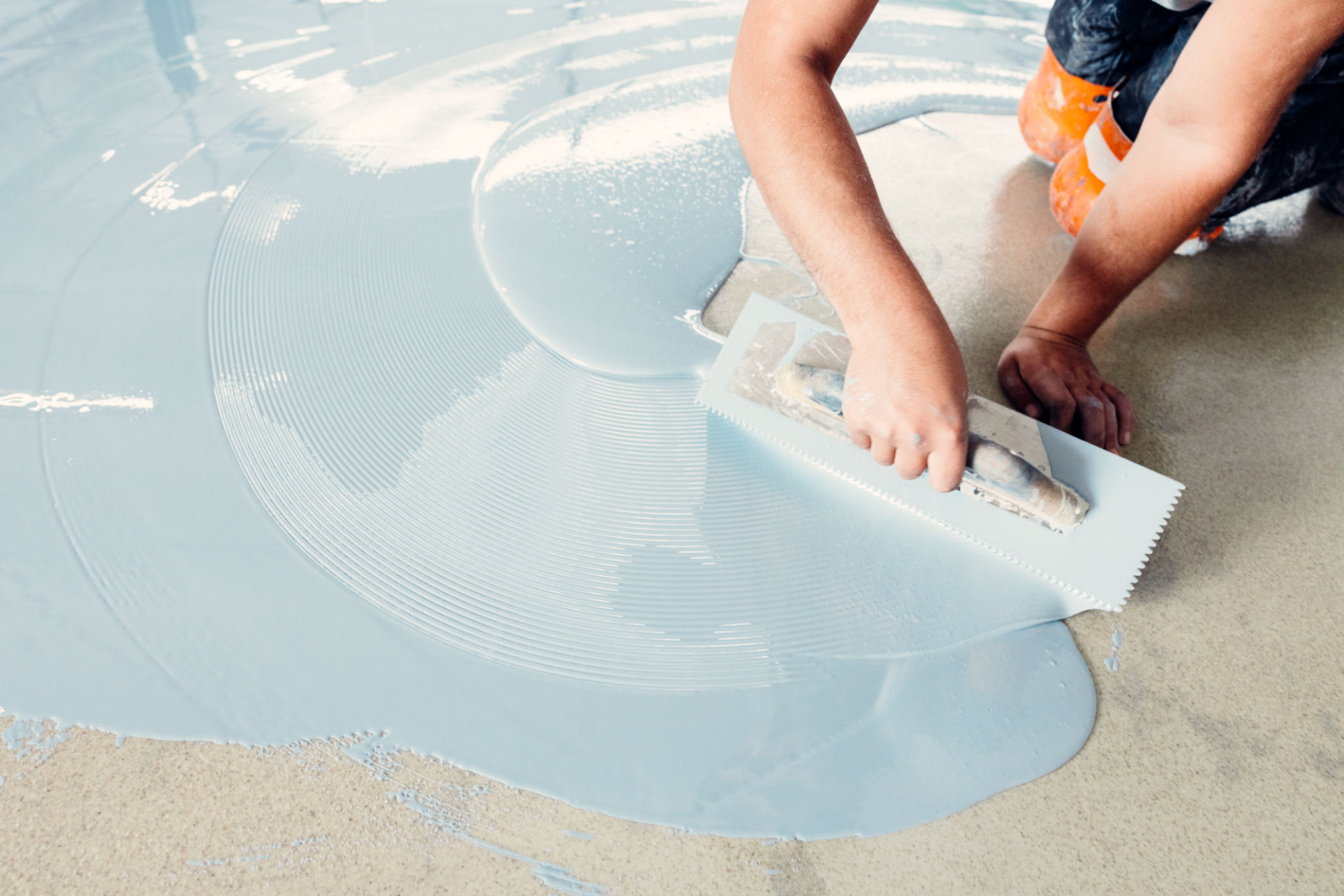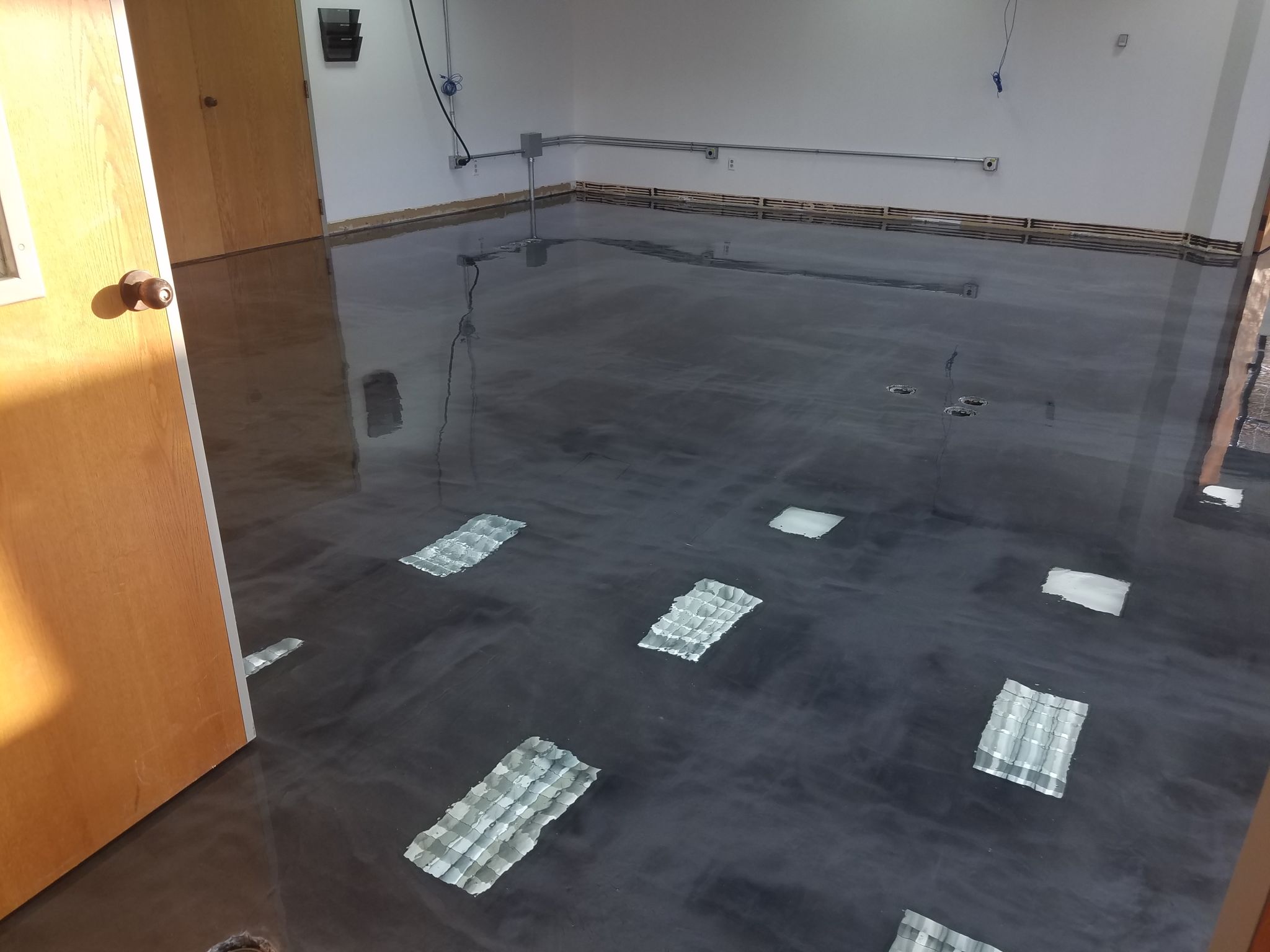Epoxy Flooring vs. Other Flooring Options: A Comprehensive Comparison
Introduction to Epoxy Flooring
When considering flooring options for your home or commercial space, it's essential to weigh the pros and cons of each material. One option that has gained popularity over recent years is epoxy flooring. Known for its durability and aesthetic appeal, epoxy flooring is often used in garages, basements, and industrial settings. But how does it compare to other flooring options like hardwood, tile, or carpet?

Durability and Longevity
One of the most significant advantages of epoxy flooring is its durability. This type of flooring can withstand heavy traffic, making it an excellent choice for both residential and commercial spaces. Epoxy coatings are resistant to water, oil, and even some chemicals, providing a protective surface that can last for years. In contrast, other flooring options like hardwood might require refinishing every few years due to wear and tear.
Tiles are also known for their durability, but they can crack under heavy impact. Carpets, while comfortable, tend to wear out over time and require regular maintenance. In terms of longevity, epoxy flooring often comes out on top.
Aesthetic Appeal
Another reason many choose epoxy flooring is its aesthetic versatility. Available in a wide range of colors and finishes, epoxy can be customized to match any design preference. Whether you prefer a high-gloss finish or something more understated, epoxy can deliver. Additionally, decorative options like metallic finishes and quartz blends offer unique looks that other flooring types cannot easily replicate.

Hardwood floors offer a classic look that many find appealing, but they can be limited in terms of color options. Tiles come in various designs but may not provide the seamless appearance that epoxy does. Carpets offer numerous patterns and colors but lack the polished look of other materials.
Installation Process
The installation of epoxy flooring is a multi-step process that requires careful preparation. The floor must be cleaned and primed before the epoxy resin is applied. This process can take a few days, but the result is a seamless, durable surface. It's often advisable to hire professionals for the installation to ensure the best results.
Comparatively, hardwood floors require precise cutting and fitting, which can also be time-consuming. Tile installation involves careful placement and grouting, while carpets are generally quicker to install but may require additional underlayments.

Cost Considerations
Cost is always an essential factor when choosing flooring. Epoxy flooring is generally more affordable than hardwood or premium tiles but can be more expensive than basic carpeting. However, considering its durability and lower maintenance requirements, epoxy can be a cost-effective option in the long run.
Carpets may have a lower upfront cost but often require replacement sooner than other materials. Hardwood floors have high initial costs but add significant value to a property. Tiles vary widely in price depending on the material used.
Maintenance and Care
Epoxy floors are low maintenance, requiring only regular sweeping and occasional mopping to maintain their appearance. Their resistance to stains and spills makes them easy to clean and ideal for areas prone to messes.
Conversely, carpets require frequent vacuuming and professional cleaning to remove dirt and allergens. Hardwood floors need special cleaners to avoid damaging the finish, while tile grout may require periodic sealing to prevent staining.
Conclusion: Choosing the Right Flooring
Ultimately, the choice between epoxy flooring and other options comes down to your specific needs and preferences. If durability, low maintenance, and customization are top priorities, epoxy flooring may be the ideal choice for you. However, if you value the classic look of hardwood or the comfort of carpet underfoot, those options might be more suitable.
Consider your lifestyle, budget, and aesthetic preferences when making this important decision. Each flooring option has its own set of advantages and drawbacks, so weigh them carefully to find the perfect fit for your space.